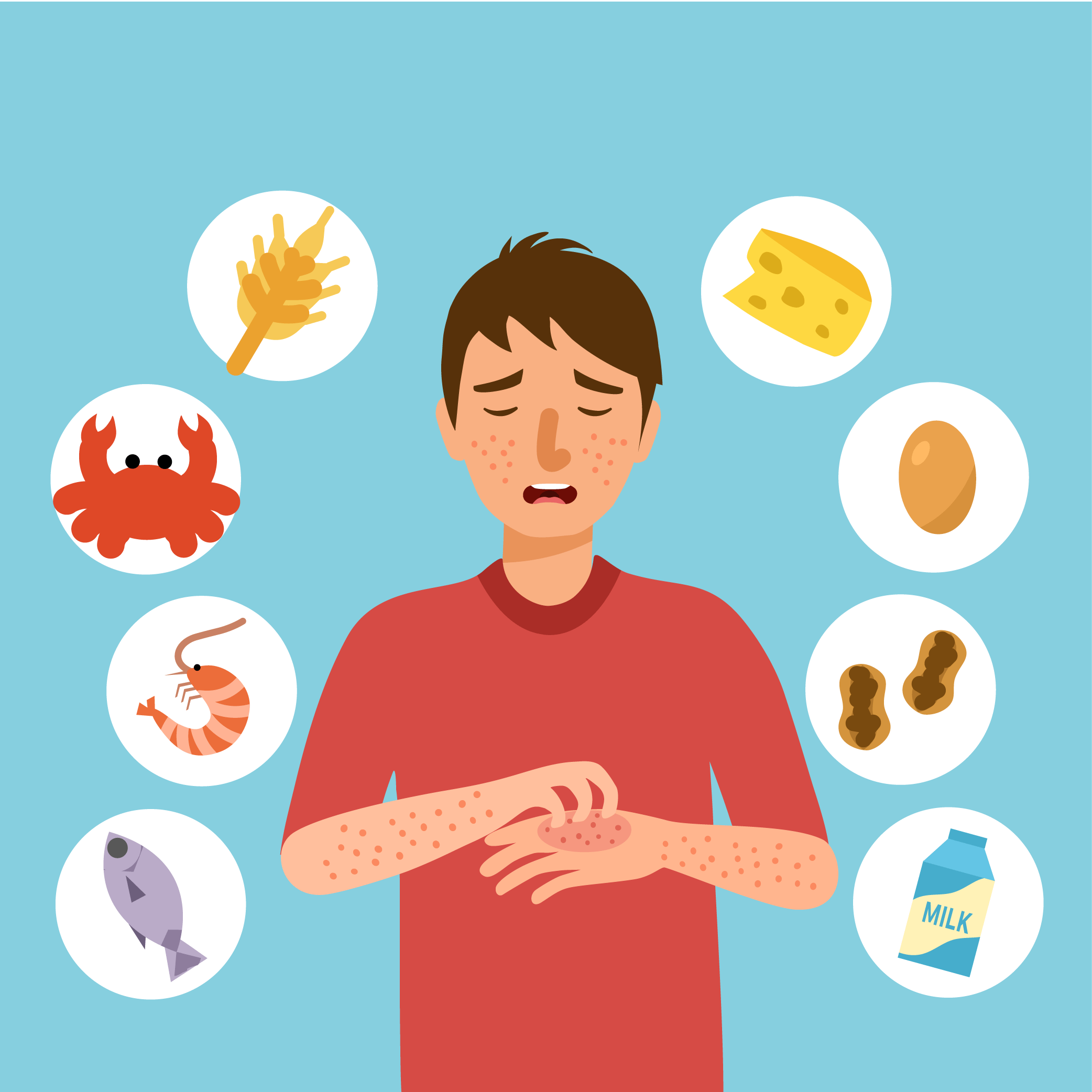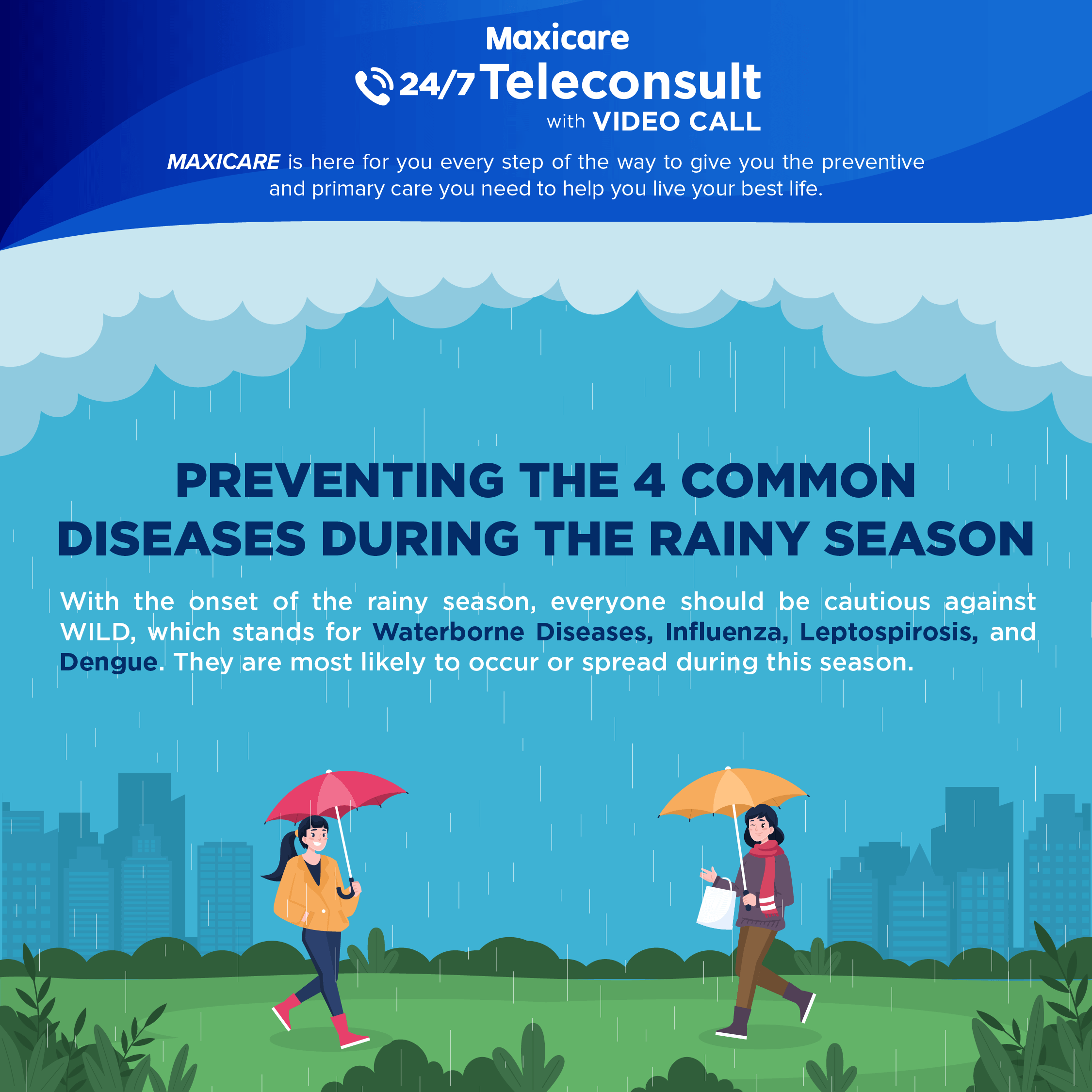
7 Surprising Truths about Food Allergies
We love food. Food allergies? Not so much. Food allergies can be scary and should be taken seriously. Here are seven surprising truths about food allergies that you need to know.
- Eight Foods Cause the Most Allergies
It’s not nice to point fingers, but just eight foods — milk, eggs, peanuts, soy, fish, shellfish, tree nuts, and wheat — are responsible for about 90 percent of all food allergies. Food allergies don’t play favorites either; adults and children and all races and ethnicities are at risk as it can be potentially life-threatening.
- Allergies Differ From Intolerances
Food allergies involve the immune system, while food intolerances are generally digestive system responses. People often think any adverse reaction is an allergy, but that is not true. Symptoms of an allergic reaction include rash or hives, stomach pain, nausea, diarrhea, vomiting, wheezing, trouble swallowing, swelling of the tongue and lips, and a weak pulse. By contrast, reactions to food intolerance include stomach pain, diarrhea, heartburn, headache, and bloating.
- Allergy Tests Are Not Foolproof
A positive skin or blood test does not necessarily mean a patient will have an allergic reaction; that’s why it is essential to see a certified allergist to confirm and diagnose a potentially serious problem.
- Kids Can Outgrow Food Allergies
There’s hope for the millions of kids who suffer from food allergies. The earlier a child’s first reaction to a specific food, the more likely he is to outgrow the allergy.
- Secondary Reactions Occur Often
Many people assume once they use the epinephrine auto-injector and begin to feel better that the allergic episode is over and no additional medical treatment is needed, but that could be a deadly mistake. People with food allergies should always carry more than one epinephrine auto-injector because the effects can wear off after a few minutes.
- Restaurants Cater to Food-Allergy Sufferers
Restaurants are becoming increasingly aware of food allergies — educating their employees and using different cooking techniques — for those with allergies or gluten intolerance. So they can help you find the best dish for your needs. See to it that you alert your waiter of any allergies.
- You Are Intolerant — Not Allergic — to Gluten
Many people claim to be allergic to gluten, but that is a food sensitivity rather than an allergy. People with gluten sensitivity have difficulty digesting gluten and can suffer from celiac disease. By contrast, a food allergy results from a body’s overreaction to a protein within a food. While celiac disease is not life-threatening, it can cause severe problems without treatment.
An allergic reaction is considered a medical emergency when symptoms become more serious, like difficulty breathing or fainting. Learn how Maxicare can help protect your health through comprehensive coverage for outpatient treatment, including consultations, lab tests, diagnostic procedures, and more. Contact us today for more information and find a plan that meets your healthcare needs.
References:
http://www.livestrong.com/slideshow/1011199-10-need-food-allergies/>














